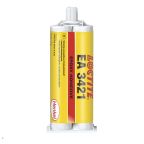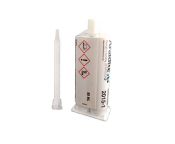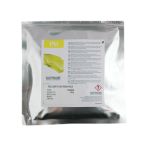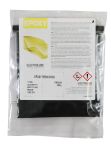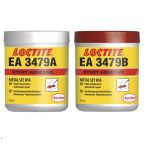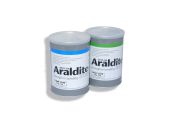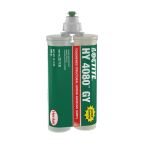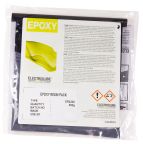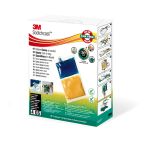Epoxy Resins
Epoxy resins and are characterised by their excellent durability, strength, chemical resistance and low absorption of moisture. Commonly used for laminating, epoxy resin can be used as a protective coating as well as materials in circuit boards and for patching holes in concrete pavements. These versatile resins offer high strength resistance to corrosion. Epoxy resins offer a high strength to weight ratio and dimensional stability as well as adhesion properties make them ideal for a wide range of applications. Different resins are produced by varying the ratios of the chemical components.
Epoxy resins are typically low odour compared to vinylester resins or polyester resins and usually involve mixing two components, resin and hardener, with a mixing ratio of relatively equal proportions. Resins are usually high in viscosity (a measure of its resistance to flow) so that they are moulded at temperatures around 50 to 100°C, or dissolved in an inert solvent (a solvent that does not react with anything in solution, epoxy cannot be thinned down with thinners) to reduce viscosity to a point at which lamination at room temperature becomes possible. Low viscosity epoxies are typically used in RTM (resin transfer moulding) for the casting of parts.
How is an epoxy resin made?
Most epoxy resins are an industrial product derived from petroleum and are themselves the result of a chemical reaction called curing. This involves epoxies and other chemicals more commonly known as hardeners or curing agents. Depending on the type of reaction used to produce the resin, they can be either low-molecular honey-like liquids or high-molecular, solid substances. Their molecular weight often determines their potential uses and applications.
Epoxy resin uses
- General purpose adhesives
- As the binder in cement and mortars
- Rigid foams
- Non-skid coatings
- Solidifying sandy surfaces in oil drilling
- Industrial coatings
- Potting and encapsulating materials
- Fibre reinforced plastics
Advantages of Epoxy
- Low shrink during cure
- Excellent moisture and chemical resistance
- Good electrical insulation properties
- Increased mechanical properties and fatigue strength
- Impact resistant
- No VOCs (Volatile Organic Compounds)
- Long shelf life
11 Products showing for Epoxy Resins
Popular Searches
Related links
- A Complete Guide to Epoxy Resin
- Loctite 9483 Transparent Epoxy Resin Adhesive 50 ml
- MG Chemicals 832C-375ML Translucent Epoxy Epoxy Resin Adhesive 375 ml
- MG Chemicals 832HT-375ML Black Epoxy Epoxy Resin Adhesive 375 ml
- Loctite Loctite Stycast 2651MM Black Epoxy Epoxy Resin Adhesive
- Loctite Loctite Stycast 2651 W1 Black Epoxy Epoxy Resin Adhesive
- Potting Compounds
- MG Chemicals 9410-3ML Epoxy Epoxy Resin Adhesive 3 ml
